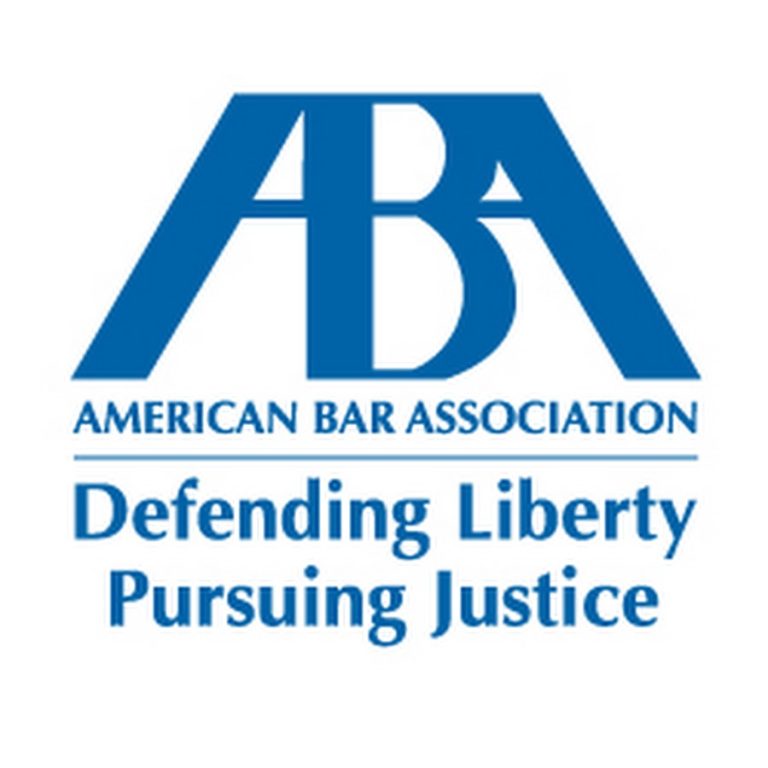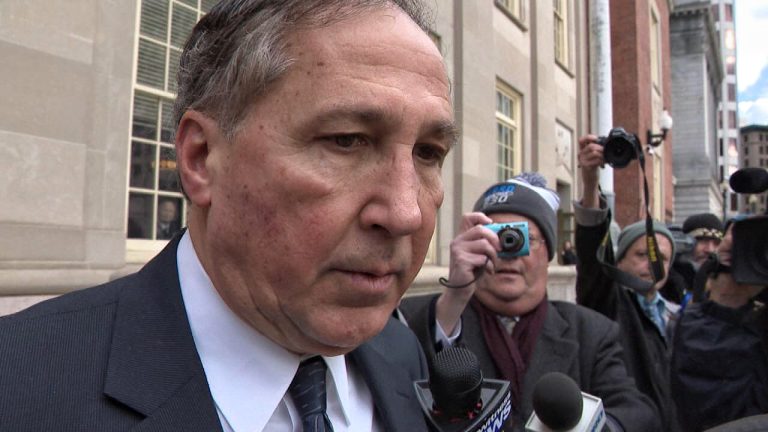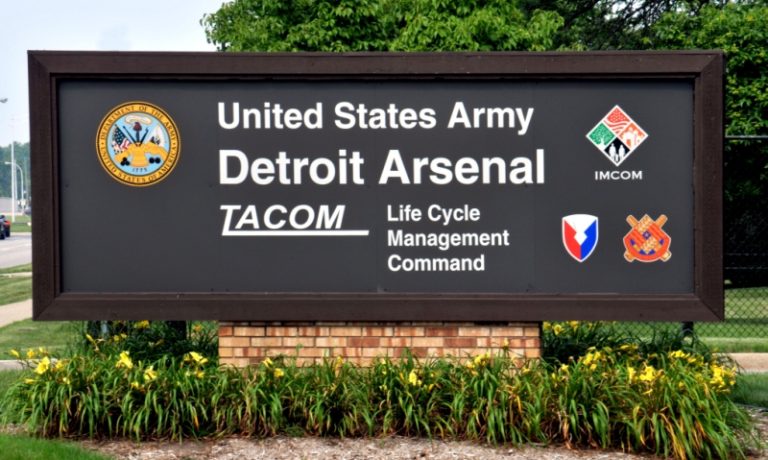Identity Theft Protection – Warning!
Identity Theft Protection Identity theft is growing everyday and a burning problem of any person. Anyone can be victimized…

Identity Theft Protection Identity theft is growing everyday and a burning problem of any person. Anyone can be victimized…

Ellicott City Man Pleads Guilty to Federal Charges in $4.4 Million Insurance Fraud Scheme Sold Victim Businesses Non-Existent Insurance…

Maryland Chiropractor Indicted For Filing False Tax Returns And Obstructing The IRS A grand jury in Baltimore, Maryland returned…

Long Island Man Found Guilty Of Defrauding South Korean School Of Over $5 Million Joon H. Kim, the Acting…

Charles County Man Sentenced to Over Six Years in Federal Prison for Credit Card Fraud Scheme Also Violated his…
Almost everyone has at least one credit card these days. It has been becoming a need rather than merely…

Bonding an employee is an insurance agreement guaranteeing repayment for financial loss caused to the covered organization by the…
Medical malpractice suits are becoming an increasingly common occurrence these days. When a doctor or other health care provider…

Volkswagen AG Pleads Guilty in Connection with Conspiracy to Cheat U.S. Emissions Tests Volkswagen AG (VW) pleaded guilty in…

Los Angeles Man Convicted Of Running Multi-Million Dollar Foreclosure Rescue Scam In Bakersfield, Visalia And Salinas FRESNO, Calif. —…

Twenty-One Defendants Charged In Multimillion Dollar International Counterfeit Credit And Debit Card Fraud Scheme LAS VEGAS, Nev. – Twenty-one…

Acting Assistant Attorney General Kenneth A. Blanco Speaks at the American Bar Association National Institute on White Collar Crime…

Many statistics have been provided to approximate the number of Americans affected by identity theft and misuse. Near 7%…

Former Rhode House Finance Chairman Raymond Gallison Pleads Guilty to Federal Fraud, Aggravated Identity Theft, Tax Charges < PROVIDENCE…

Former Union Official Pleads Guilty To Stealing More Than $180,000 from Organization Defendant Headed Branch of Fraternal Order of…

Wallingford Man Admits Operating Ponzi Scheme Deirdre M. Daly, United States Attorney for the District of Connecticut, announced that…

KC Man, Woman Plead Guilty to Marriage Fraud Conspiracy KANSAS CITY, Mo. – Tammy Dickinson, United States Attorney for…

Airline Staffing Executive Charged with Immigration Fraud for Staff Applications Assistant U.S. Attorney Nicholas W. Pilchak (619) 546-9709 SAN…
Identity theft is on the rise. As technology continues to advance, it only makes it easier for the common…

$6 million DOD Fraud, $1 million paid in illegal gratuities, 5 charged with tax violations Anthony Shaw of U.S….